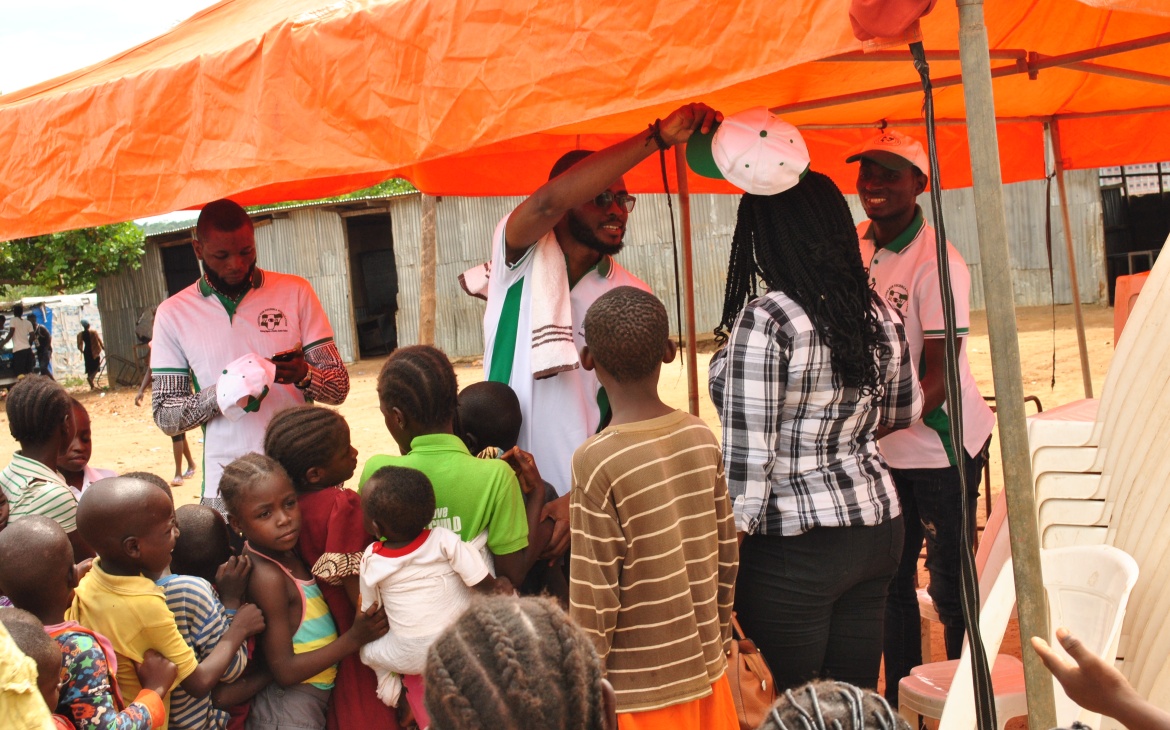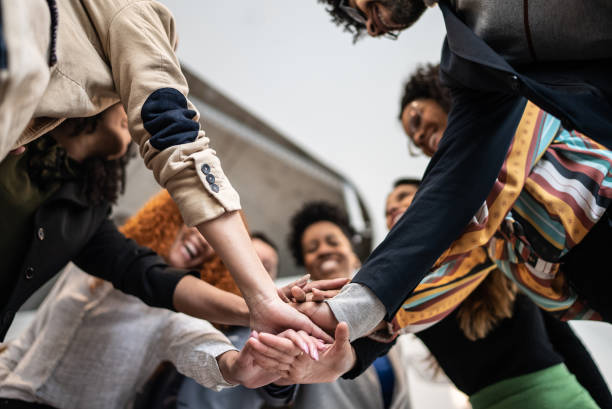Introduction
Around the world, orphans face countless challenges—poverty, neglect, limited education, and lack of guidance. While charity often focuses on food, clothing, and shelter, these are temporary solutions. True empowerment comes when orphans are given the tools to build their own future. One of the most effective ways NGOs can achieve this is through skill training and vocational programs, which provide practical knowledge, economic independence, and long-term hope.
Why Skill Training is Crucial for Orphans
Many orphans lack the financial resources to pursue higher education. Without employable skills, they risk falling into cycles of unemployment, poverty, and exploitation. Skill training becomes a lifeline, equipping them with:
- Economic independence – They can secure jobs or start businesses.
- Confidence and self-worth – Learning a trade restores dignity and self-belief.
- Future security – Skills provide a lifetime of opportunities, reducing reliance on external aid.
The Role of Vocational Programs
Vocational training goes beyond teaching trades; it nurtures resilience, creativity, and entrepreneurship. Programs such as tailoring, carpentry, catering, ICT, hairdressing, farming, and mechanics open doors for orphans to compete in the job market. These initiatives also foster community integration, allowing orphans to contribute meaningfully and break negative stereotypes.
How NGOs Can Make a Difference
NGOs are uniquely positioned to provide skill training programs that transform lives. Some key strategies include:
- Partnerships with industries and training centers – Linking orphans with professionals for mentorship and apprenticeships.
- Certification and recognition – Ensuring graduates gain qualifications respected by employers.
- Start-up support – Providing toolkits, seed funding, or small loans to help launch businesses.
- Gender-inclusive opportunities – Offering equal chances for both boys and girls in different fields.
- Life-skills training – Teaching communication, financial literacy, and leadership alongside technical skills.
Impact and Success Stories
Across Africa, Asia, and beyond, vocational programs have rewritten the destinies of countless orphans. Young people who once felt hopeless now run thriving tailoring shops, ICT hubs, restaurants, and farms. These success stories prove that skill training does not just change individual lives but also uplifts entire communities.
Conclusion
Feeding an orphan today may sustain them for a moment, but teaching them a skill sustains them for a lifetime. NGOs must prioritize vocational and skill training programs to help orphans break free from poverty, dependency, and vulnerability. By investing in their potential, we are not just supporting orphans—we are nurturing future leaders, entrepreneurs, and change-makers.
Call to Action
As a society, we must come together to support NGOs in providing vocational opportunities for orphans. Whether through donations, mentorship, or partnerships, every contribution counts. Together, we can empower orphans to rise above challenges and create brighter futures for themselves and their communities.
Visions For Nigeria Foundation.



